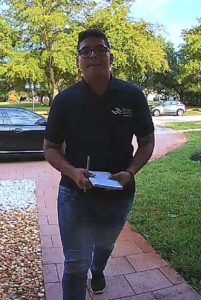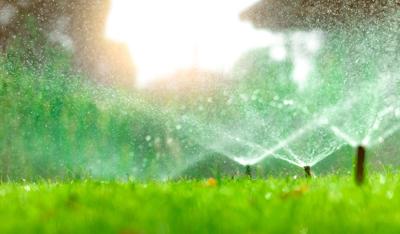There are several different options when it comes to treating the water in your home. The decision on whether you choose to install a water softener, water conditioner, reverse osmosis system, water purification, or water filtration system all comes down to the quality of the water from your tap. Depending on the minerals and contaminants that are in your water the treatment option chosen for installation will vary. Below are the most commonly asked questions surrounding water softeners and water treatment options.
What is hard water by definition?
All water naturally contains minerals such as calcium and magnesium that dissolve in it. Water that contains more than one grain of a combination of minerals is considered to be hard. To determine what level of minerals can be found in your homes water bring a sample from each faucet into Reynolds Water Conditioning Co.
What should concern me about having hard water?
One of the biggest concerns when it comes to having hard water is the scaling that occurs in pipes and fixtures. Scaling occurs when water is heated and minerals re-crystalizing. These scales then get into appliances that use water such as the washer, water heater, and dishwasher decreasing its lifespan.
Another issue made worse because of hard water is soap scum in showers, on your hair, skin, and even clothing. Soap combined with hard water forms a scummy substance that accumulates. Even after rinsing thoroughly soap scum deposits are still present.
Why do I need to soften the water in my home?
When your home has hard water, the installation of a water softener can often help. Soft water is beneficial for a variety of reasons. Not only does it prevent scaling, but it also allows you to use less detergent, reduces spotting on fixtures and dishes, helps to increase the longevity of appliances, and more.
Are there reasons I should not use a water softener?
If you are on a low sodium diet, you will want to consider a water softener alternative. Water softeners use a process of ionization using salt to soften hard water. Salt ions attract hard water minerals and deposit them on the water softener resin (simply put of course). Basically, the salt ions and mineral ions trade places with one another which is why the soft water contains extra salt.
Do I need to soften water outdoors or on my ice maker?
Yes, the water in your ice maker should be softened prior to making ice. Softened water does not leave scale deposits which water that has not been softened does.
Irrigation systems are a personal choice. If water is left untreated there is a high potential for outdoor staining to occur. Hard water deposits minerals such as iron on to landscaping, siding, and outdoor furniture which overtime discolors the materials.
The experts at Reynolds Water Conditioning have a solution to your homes unique water quality needs including: arsenic, bacteria, chlorine, rotten egg smell, fluoride, hard water, iron, lead, acid, tannins, radon, and more. More information on our water treatment solutions including water softeners and conditioners, water filtration and purification, reverse osmosis drinking water, and iron & odor removal can be found online at https://reynoldswater.com.


